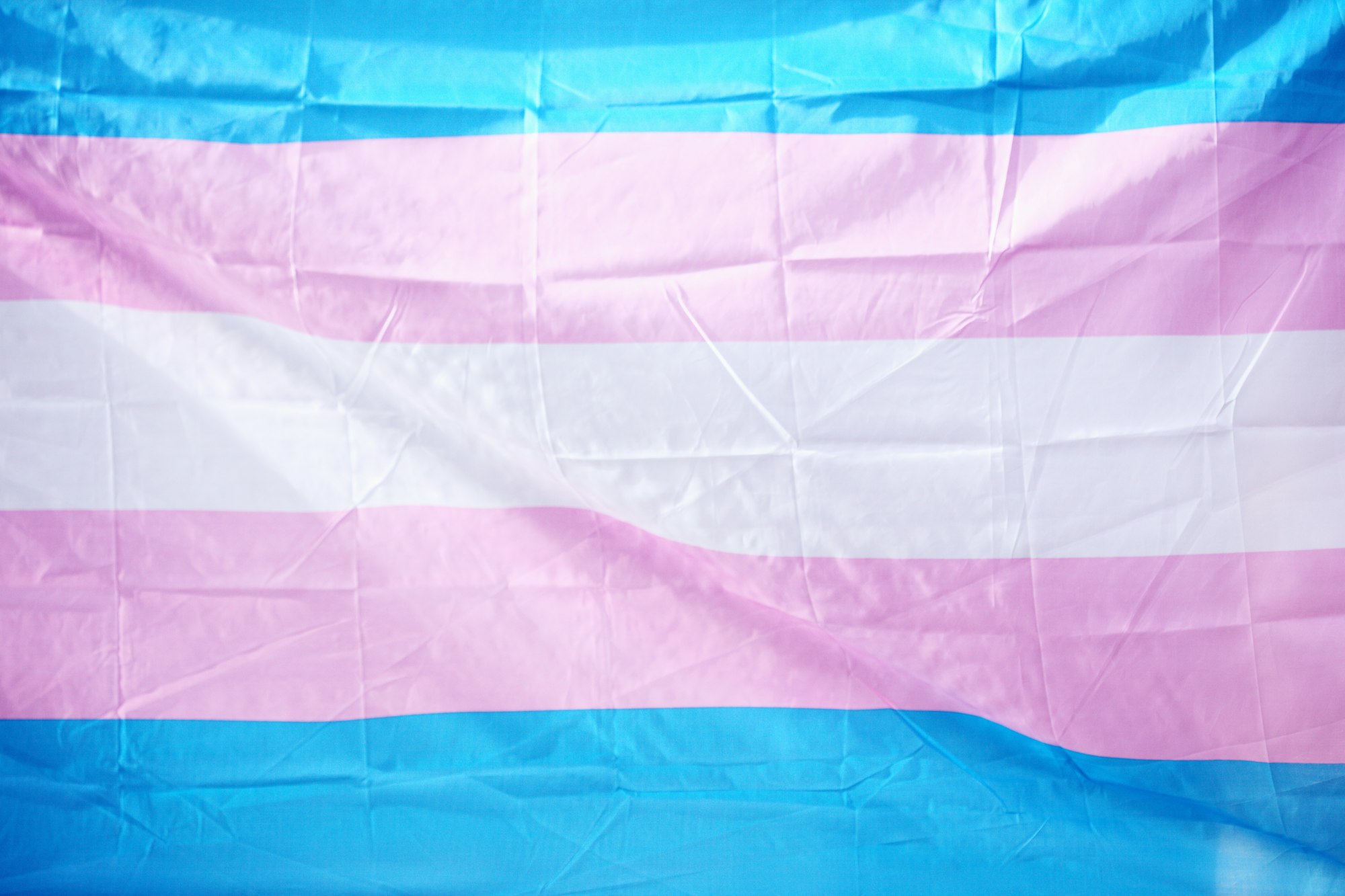On Freedom vs. Power
Are we fighting for power or freedom?

There has been a blindspot in our collective consciousness about how power operates in our American society. We struggle to have self-reflective, nuanced conversations about the way power manifests and hides: who has it, how it's conferred, and the byzantine ways it courses through the veins of classes, races, contexts, genders, geographies, and generations. Our struggle to name and speak about power is one of the reasons why I’m glad we’re all spending more time understanding systems of oppression, histories of coercion, and stories of power’s consolidation. Our reckoning around systemic racism is a lesson in the history of power. I hear from many about how we need to shift power, how we need to cede power, how we need to empower.
My biggest personal questions are also around power: as a CEO who holds more power than anyone else at Uncharted, I’ve asked myself is power zero-sum or positive-sum? Can we expand power or is it capped? Can I be a leader that creates more power for the people around me? I’m still seeking wisdom here, but one source I’ve gone to is the trans-activist Alok Vaid-Menon, who posits that we need to seek collective freedom instead of redistributed power. Power has to do with control, they argues, where freedom has to do with healing. Alok is discoverable across many mediums, but I’ve found this podcast with him to be in the top 1% of all content I’ve digested this year. In it, Alok excavates below conversations of structural racism, misogyny, white supremacy, and so many other systems of oppression to explore a set of subterranean, spiritual first principles. If I have a critique of the contemporary DEI conversation, it’s that it often doesn’t go deep enough into the spiritual and epistemological groundings of the movement. Alok does that in beautiful, arresting ways on this podcast and has me reflecting on if we’re fighting for power or freedom or something else.
